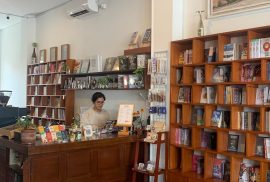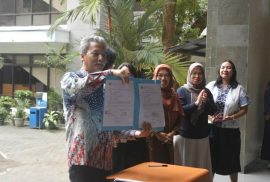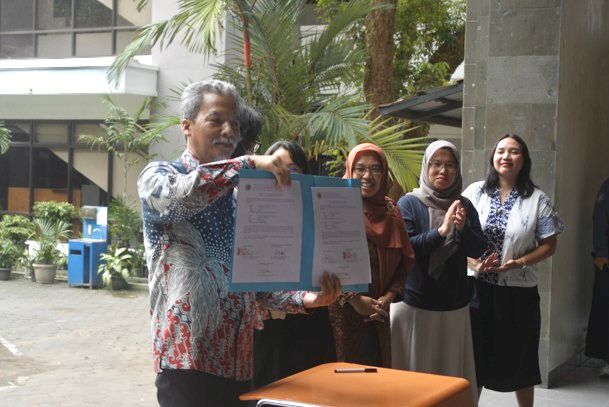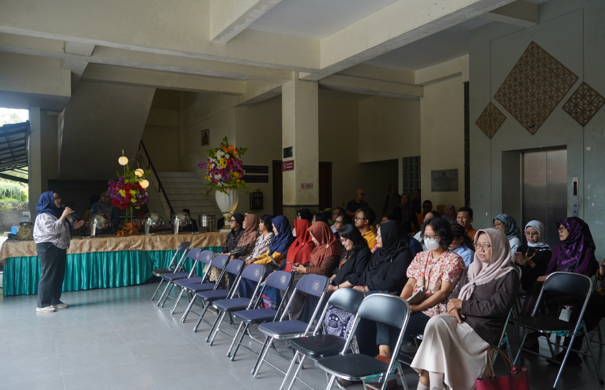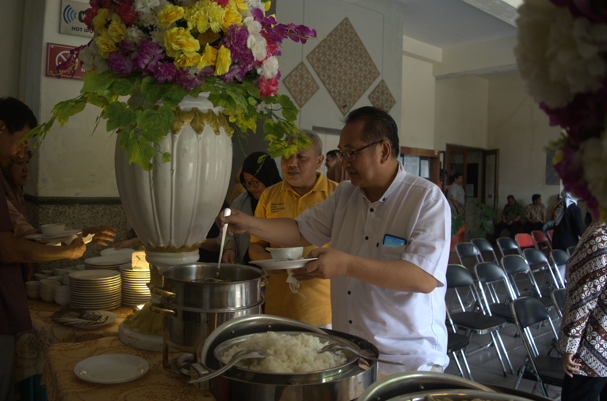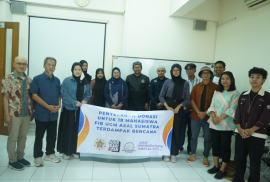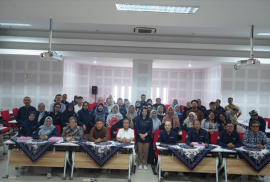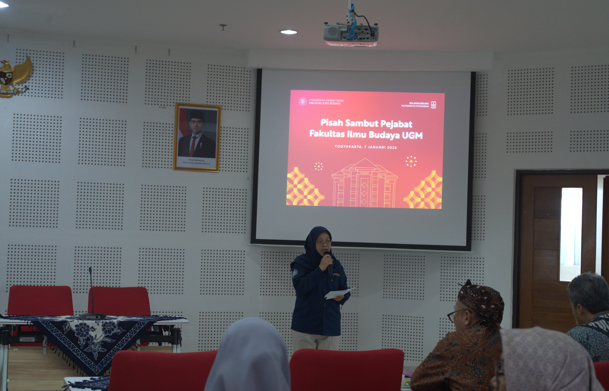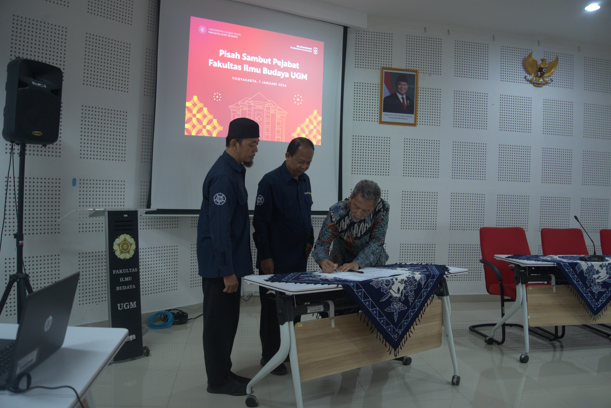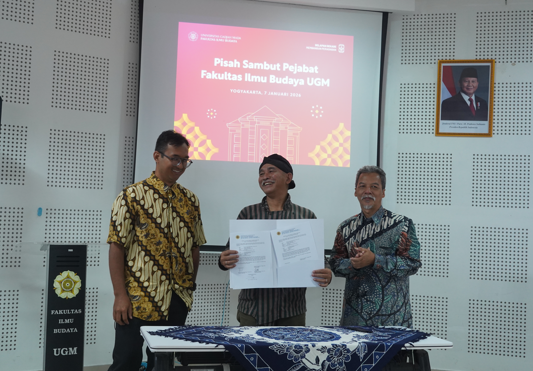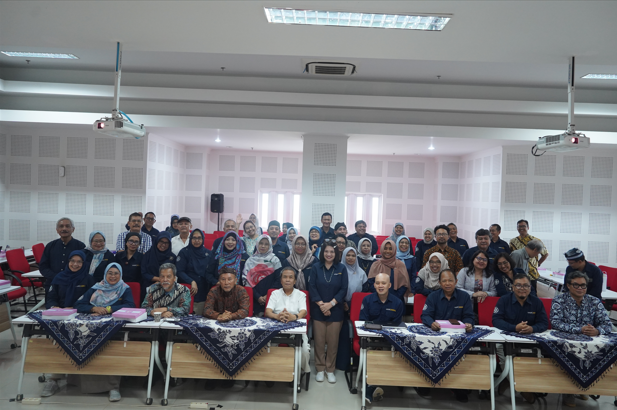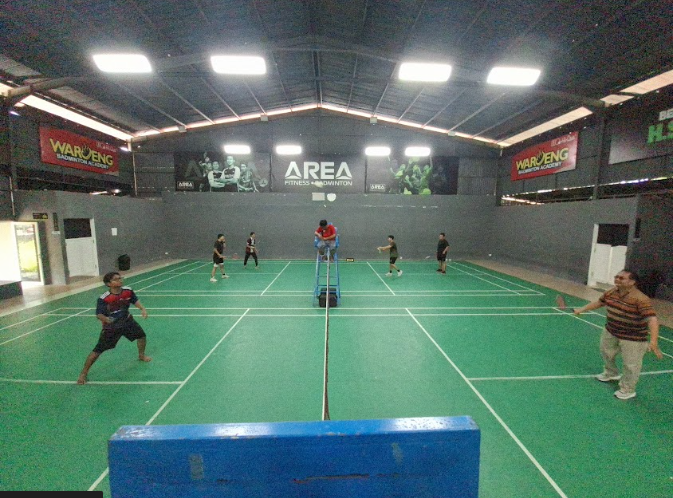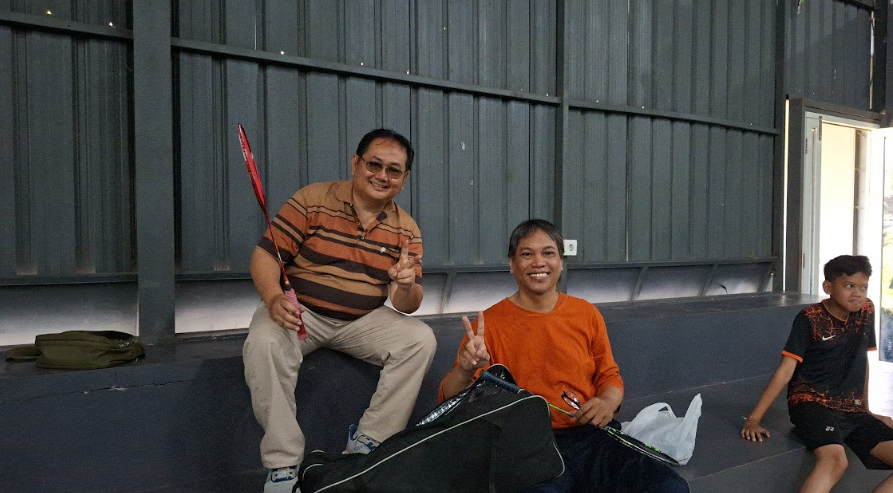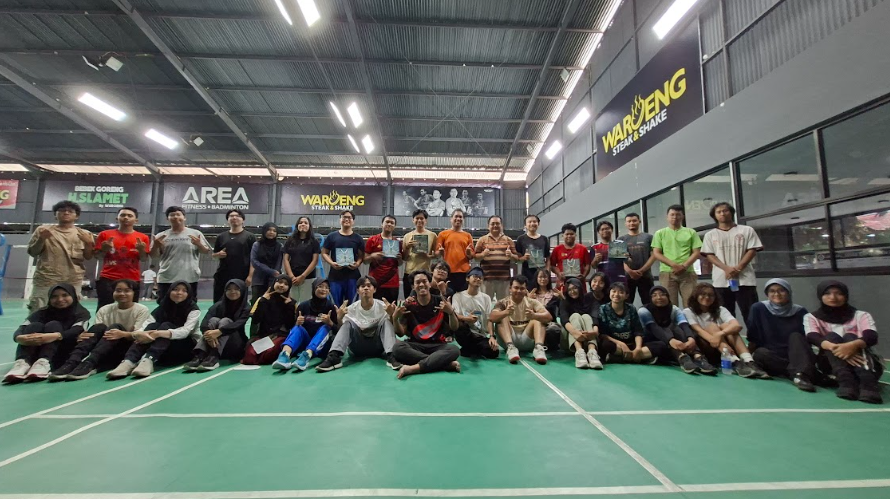Yogyakarta, January, 23, 2026 – Yogyakarta is widely recognized as one of the cities with a strong literacy ecosystem in Indonesia. The presence of bookstores spread across various parts of the city plays an important role in supporting public reading and learning activities. In recent years, bookstores in Yogyakarta have developed new concepts by incorporating coffee spaces and aesthetically designed interiors.
This concept has transformed bookstores from merely places for book distribution into alternative literacy spaces that are open to students and the general public. A number of bookstores that frequently attract attention on social media include Buku Akik, Solusi Buku, Ruang Literasi Yogyakarta, Buku Natan, Namu Buku, and Shira Media, among others. These bookstores offer reading areas, discussion spaces, and various literacy-related activities that are widely accessible.
The emergence of bookstores with creative concepts has further strengthened the culture of literacy in Yogyakarta. These spaces are used for reading, discussions, and the organization of literacy-based activities involving communities and students. With a comfortable and inclusive atmosphere, bookstores serve as non-formal learning spaces beyond the campus environment.
The growing phenomenon of aesthetic bookstores in Yogyakarta aligns with efforts to achieve the Sustainable Development Goals (SDGs), particularly Goal 4 on Quality Education, through the expansion of access to reading materials and inclusive learning spaces. In addition, the use of bookstores as creative public spaces supports SDG Goal 11 on Sustainable Cities and Communities by providing safe, welcoming, and sustainable cultural spaces in urban areas.
Through the presence of bookstores with diverse concepts, Yogyakarta continues to strengthen its role as a city of literacy that is adaptive to the times and responsive to the needs of the younger generation.
[FIB UGM Public Relations, Alma Syahwalani]

